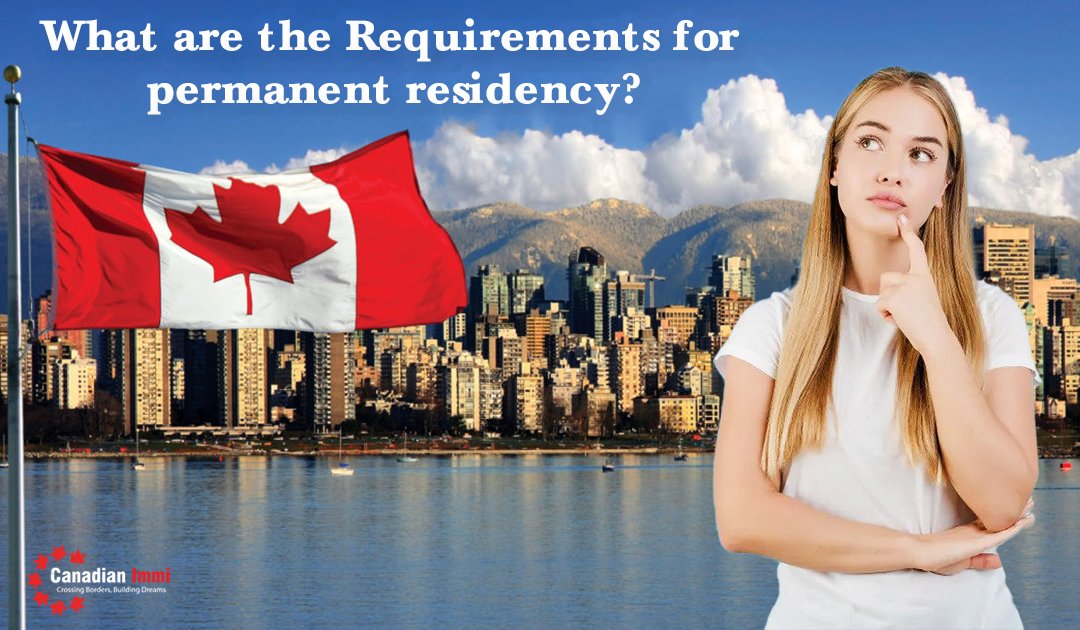Introduction
Seeking permanent residency in a new country is a significant life decision that opens doors to a world of opportunities and stability. Each nation has its own set of Requirements for permanent residency, and understanding these criteria is essential for a successful application process. In this comprehensive guide, we’ll explore the fundamental Requirements for permanent residency in various countries, shedding light on the common threads and unique aspects of each pathway.
General Requirements for permanent residency
While the specific Requirements for permanent residency vary from country to country, certain common elements are often present in the application process:
1.Legal Entry and Status
Applicants typically need to demonstrate legal entry into the country where they are seeking permanent residency. This could include holding a valid visa or other authorized status.
2.Valid Passport
A valid passport is a fundamental Requirements for permanent residency applications. It serves as a form of identification and proof of nationality.
3.Background Checks and Security Clearances
Most countries conduct thorough background checks and security clearances to ensure that applicants do not pose a security risk to the nation.
4.Health and Medical Examinations
Many countries Requirements for permanent residency ,to undergo a medical examination to assess their health and potential impact on the host nation’s healthcare system.
5.Proof of Funds or Financial Capability
Applicants often need to demonstrate that they have sufficient financial resources to support themselves and their dependents without becoming a burden on the country’s social welfare system.
Country-Specific
1.United States
In the United States, obtaining permanent residency, also known as a Green Card, involves meeting the eligibility criteria of specific categories, including family-sponsored, employment-based, diversity visa lottery, and refugee/asylum pathways. Common elements for eligibility include:
– Family Relationship:
Demonstrating a qualifying familial relationship with a U.S. citizen or permanent resident.
– Employment: Possessing skills, qualifications, and a job offer that meet the requirements for an employment-based Green Card.
– Diversity Visa Lottery:
Being selected as a winner of the Diversity Visa Lottery and meeting the necessary eligibility criteria.
– Refugee/Asylum Status: Qualifying for Requirements for permanent residency after being granted asylum or refugee status due to fear of persecution.
2.Canada
In Canada, Requirements for permanent residency is typically granted through the Express Entry system, Provincial Nominee Programs (PNPs), family sponsorship, and humanitarian/refugee pathways. Key requirements include:
– Express Entry:
Meeting the eligibility criteria of the Federal Skilled Worker Program (FSWP), Canadian Experience Class (CEC), or Federal Skilled Trades Program (FSTP) and obtaining sufficient Comprehensive Ranking System (CRS) points.
– Provincial Nominee Programs:
Receiving a nomination from a Canadian province or territory based on their specific criteria.
– Family Sponsorship:
Demonstrating a genuine familial relationship with a Canadian citizen or permanent resident who is willing to sponsor you.
– Humanitarian/Refugee Status:
Qualifying for Requirements for residency after being granted asylum or refugee status due to fear of persecution.
3.Australia
Australia offers permanent residency through skilled migration, family-sponsored pathways, and humanitarian programs. Key requirements include:
– Skilled Migration:
Meeting the skills assessment criteria and obtaining an invitation through the Skill Select system.
– Family-Sponsored:
Being sponsored by an eligible family member who is an Australian citizen, permanent resident, or eligible New Zealand citizen.
– Humanitarian Programs:
Meeting the eligibility criteria for humanitarian visas, including refugee and protection visas.
Conclusion
Obtaining Requirements for residency in a new country is a multi-faceted process that involves meeting specific criteria tailored to each nation’s immigration policies. While the requirements may vary, the underlying principles often revolve around legal entry, background checks, health assessments, and financial stability. By understanding the common threads and country-specific elements of residency applications, aspiring immigrants can navigate the complex journey with clarity and confidence. Whether seeking a Green Card in the United States, permanent residency in Canada, or a new home in Australia, meeting the requirements is a crucial step towards embracing a brighter future on foreign shores.

